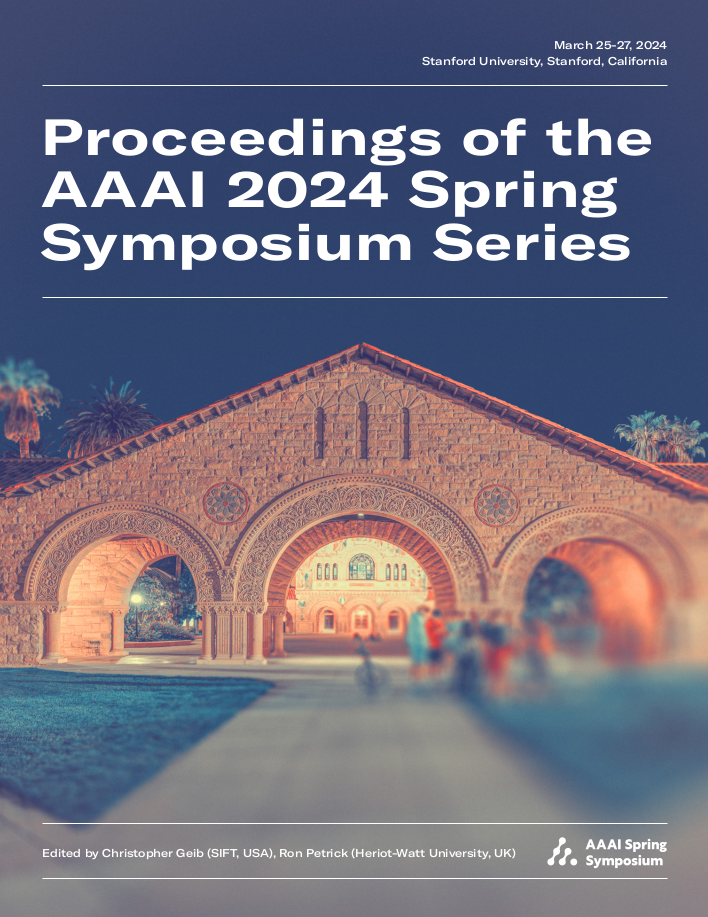Designing Inclusive AI Certifications
DOI:
https://doi.org/10.1609/aaaiss.v3i1.31269Keywords:
Increasing Diversity in AI Education and ResearchAbstract
For decades, the route to familiarity in AI was through technical studies such as computer science. Yet AI has infiltrated many areas of our society. Many fields are rightfully now demanding at least a passing familiarity with machine learning: understanding the standard architectures, knowledge on how to use them, and addressing common concerns. A few such fields look at the standard ethical issues such as fairness, accountability, and transparency. Very few fields situate AI technologies in sociotechnical system analysis, nor give a rigorous foundation in ethical analysis applied to the design, development, and use of the technologies. We have proposed an undergraduate certificate in AI that gives equal weight to social and ethical issues and to technical matters of AI system design and use, aimed at students outside of the traditional AI-related disciplines. By including social and ethical issues in our AI certificate requirements, we expect to attract a broader population of students. By creating an accessible AI certification, we create an opportunity for individuals from diverse experiences to contribute to the discussion of what AI is, what its impact is, and where it should go in the future.Downloads
Published
2024-05-20
How to Cite
Timmerman, K., Goldsmith, J., Harrison, B., & Fei, Z. (2024). Designing Inclusive AI Certifications. Proceedings of the AAAI Symposium Series, 3(1), 536-543. https://doi.org/10.1609/aaaiss.v3i1.31269
Issue
Section
Increasing Diversity in AI Education and Research

